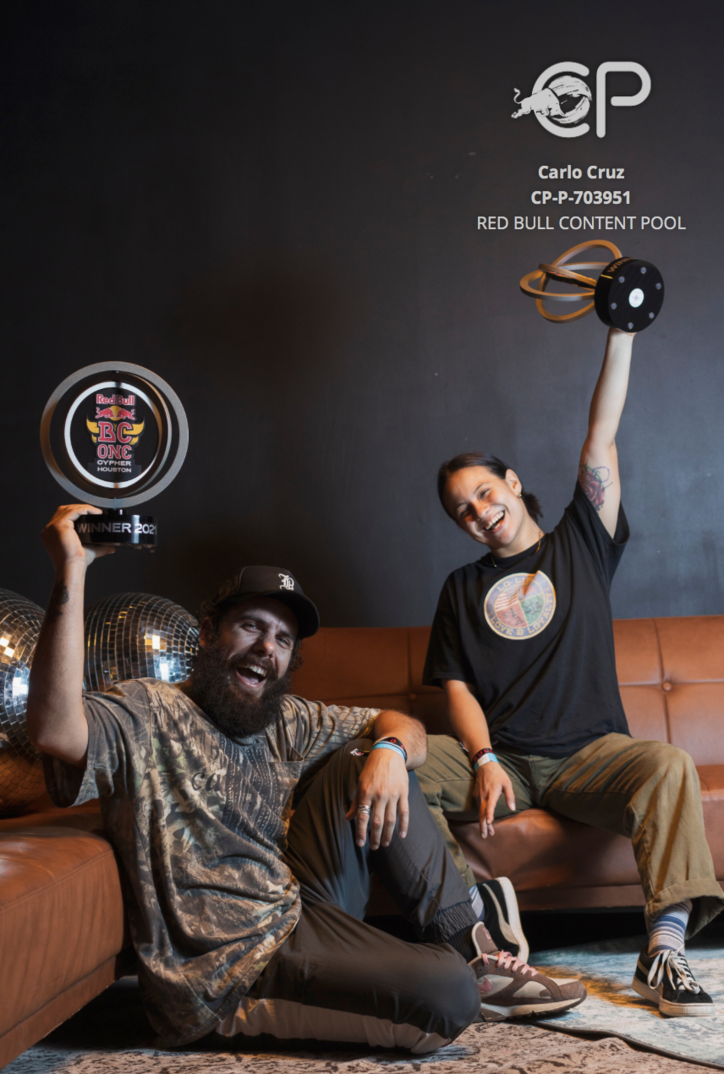2.0 THE LEAK
In the bowels of H0l0, guests were invited to wander around the fog-filled rooms and enjoy another one of Von’s freakshows produced by Chloe Philips.
“Each event there’s a crazier request than the last,” Philips laughs. “Whether it’s explosions, blood, needles, sex, I’m constantly figuring out niche permits and safety protocols you’d never think to consider.”
Rachel, one of Von’s dancers, traipsed around the space with 30 needles intricately placed into her skin (by @babyrocktattoos) that rounded her back like an S—just a typical body horror moment you can expect from a Von event. "Pain, release, destroy, evolve,” Rachel says. “The continuous testing of my own being—the desire to either find myself or lose parts of who I’ve been. It is the act of knowing, then going further. A reconfiguration of self. Of being.”
In the backroom, tattoo artist Tyler etched 10 lucky fans with the iconic Von symbol—which he tattooed on Von’s chest live at her last event, LABOR where she released the single “MOMMY 2.0.”
“There’s something so intimate about permanence,” Von mentions “Sharing something so intimate, permanence and my art, with other people makes me feel really deeply connected. It’s like such a deep form of mutual affection.”

